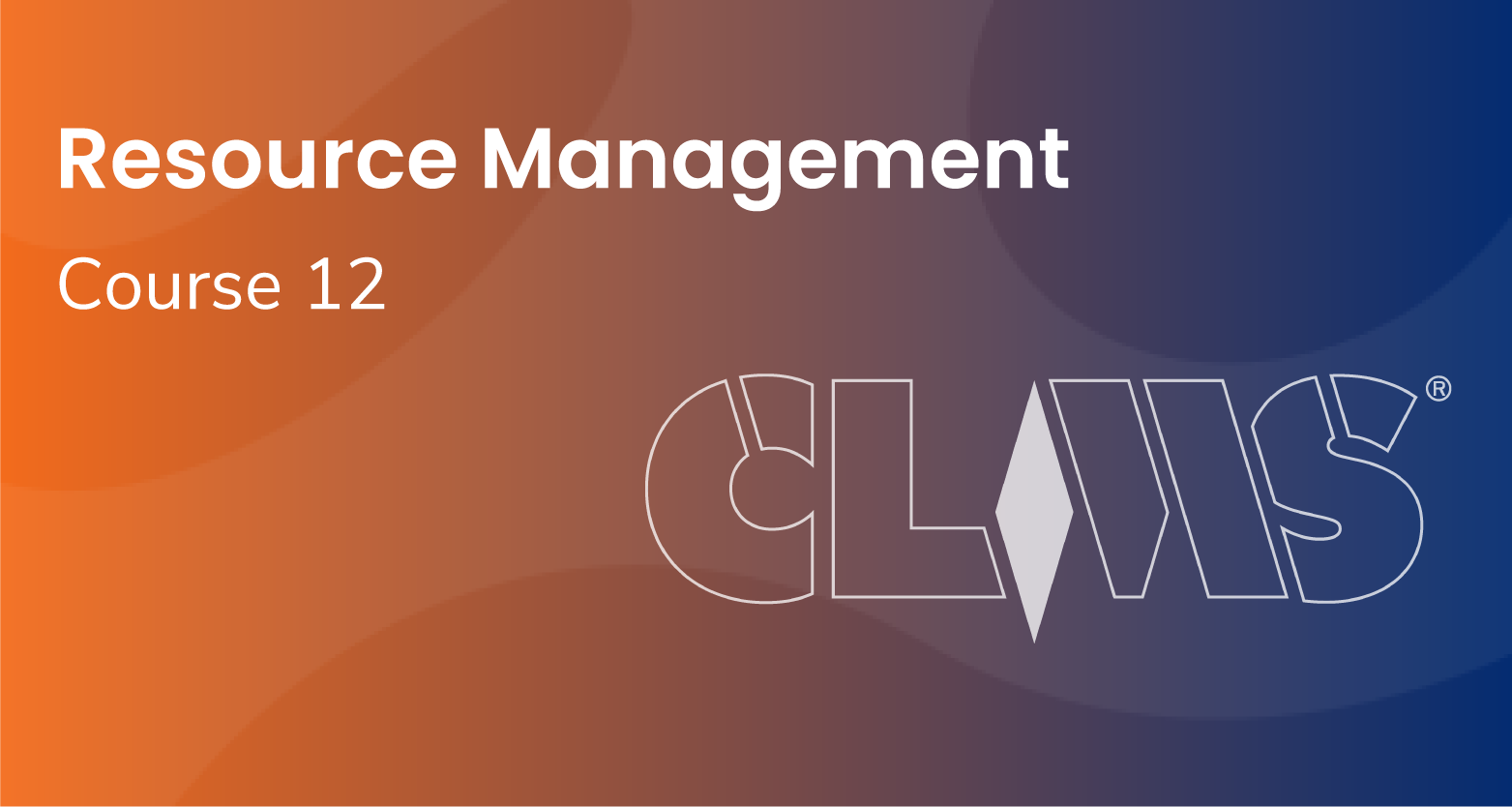
Konstantinos Skianis
Senior Researcher


This course aims to introduce the student to the concepts related to material management and the basic functions of organization, categorization, and management (retrieval) of information. The course material is tailored to cover information management issues and knowledge management on activities in the field of recyclable businesses.
In the five sections of the course we will cover the following topics: An introduction to the relevant terminology on resource management. We then cover concepts such as knowledge bases and knowledge management systems with a particular emphasis to ontologies. The main applications of industrial symbiosis are presented with the lessons learned from their experience. In this vein ontologies are used to describe the basic concepts and properties of the organizations participating in an industrial symbiosis platform and a graph based semantic similarity measure is introduced. The fourth section analyses the basic elements of the matchmaking tool and in particular the details of the semantic-based similarity algorithm. Finally, the data and industrial processes adapted to an IS platform will be studied.
At the end of this course, students will be able to:
• Understand and modify a waste to product ontology;
• Evaluate an opportunity path suggested by the matchmaking tool;
• To model resource management using the Symbiosis tool;
• To illustrate the connection between waste and a product;
• To model resource management using the Symbiosis tool;
• To explain the Matchmaking tool suggestions;
• To understand the Industrial Symbiosis methodology.
A degree from a higher education institution is required to attend this course. A degree in business administration or computer science would be desirable. The degree may replace working experience in the field of recyclable business, with a good knowledge and use of the internet and good use of English.
Level of Teaching: basic. This means that attention will be paid to a rigorous definition of new concepts and their use. Emphasis will be placed on the usage of the new concepts.
Level of language: English. To follow the module, a candidate student must be able to demonstrate a very good level of spoken and written English. Candidate students should hold one of our approved English language qualifications.
• A proficiency diploma in English
• A Bachelor’s degree in an English speaking country
• A degree taught entirely in English

Senior Researcher